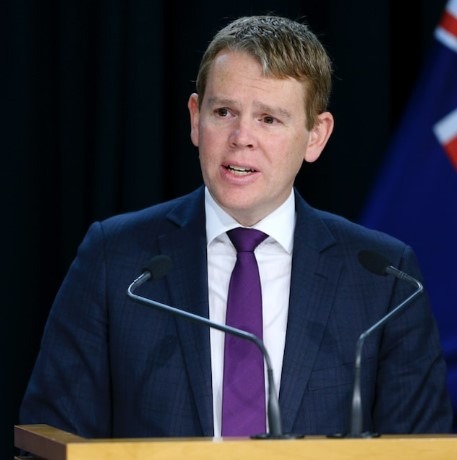New Zealand Prime Minister Chris Hipkins Announces No Special Levy for Cyclone Rebuild
A No-Frills and Orthodox Budget
In a recent media report, New Zealand Prime Minister Chris Hipkins confirmed that there will be no special levy to fund the cyclone rebuild. Instead, the cyclone recovery efforts will be mainly financed through current Budget allowances. Hipkins assured the public that the upcoming budget will be “no frills” and “orthodox,” with no major new tax changes anticipated.
Focusing on Priorities
During his speech, Hipkins emphasized that the budget will prioritize funding for initiatives that are essential to the well-being of New Zealanders. He stated, “This will be an orthodox no-frills Budget focused on funding the things most important to New Zealanders.”
Furthermore, Hipkins made it clear that there will be no new tax imposed on the public to finance the cyclone recovery. He reassured the citizens that they will not be burdened with additional taxes, such as a cyclone levy, to cover the costs of rebuilding efforts.
How Will This Policy Affect Me?
As a resident of New Zealand, the decision to exclude a special levy for the cyclone rebuild means that any financial implications will likely be absorbed within the existing Budget allocations. This could potentially alleviate concerns about additional taxes being imposed on the public to fund the recovery efforts, providing some relief to taxpayers.
Global Implications
On a global scale, New Zealand’s approach to funding the cyclone recovery without implementing a special levy may set a precedent for other countries facing similar situations. By utilizing current Budget allowances and avoiding major tax changes, New Zealand’s decision could potentially serve as a model for effective disaster recovery financing strategies worldwide.
Conclusion
Prime Minister Chris Hipkins’ announcement of a no special levy for the cyclone rebuild reflects a pragmatic and disciplined approach to budgeting. By focusing on funding priorities and avoiding major tax changes, New Zealand aims to uphold fiscal responsibility while addressing critical needs. The decision not only benefits New Zealanders by averting additional tax burdens but also showcases a proactive and sustainable approach to disaster recovery on the global stage.





